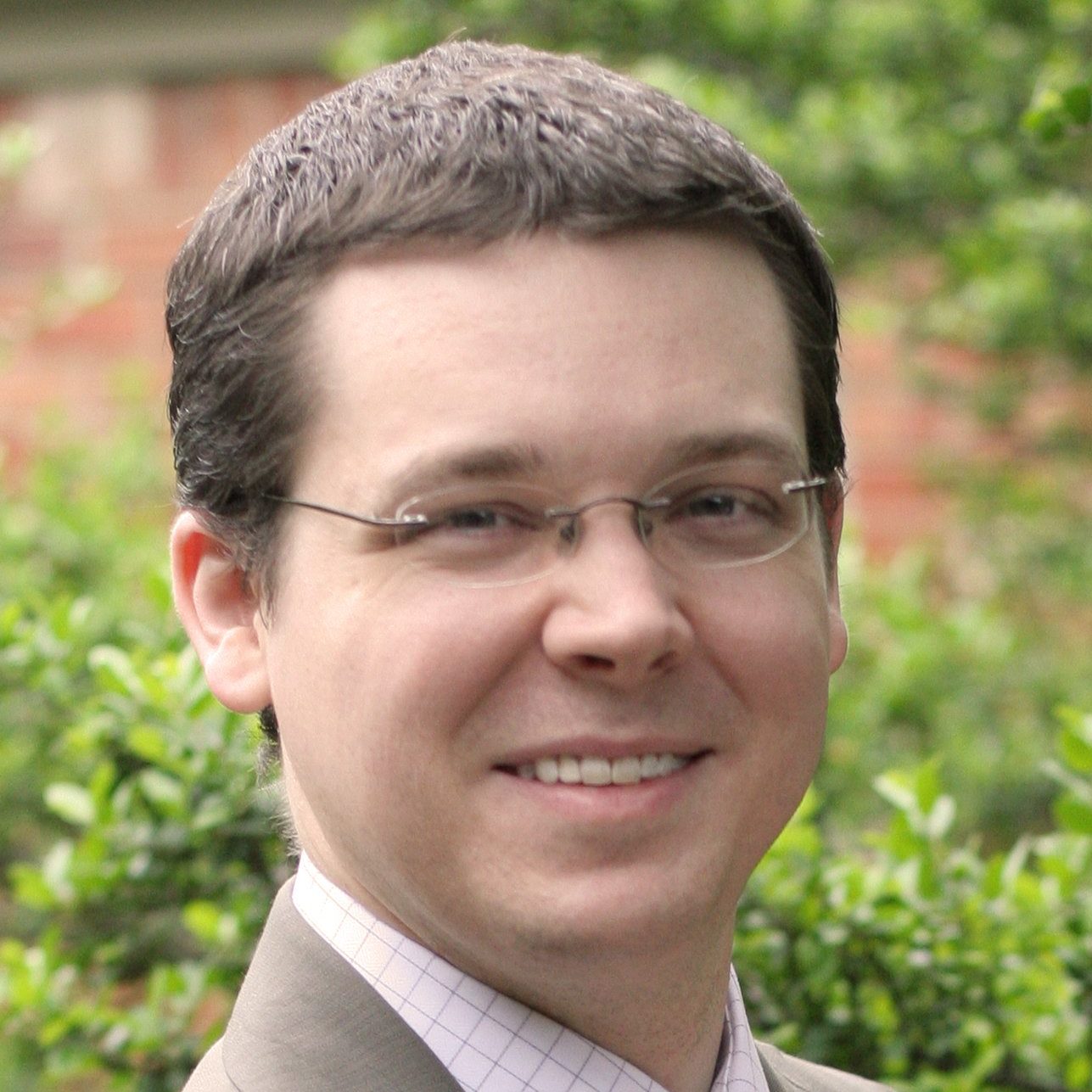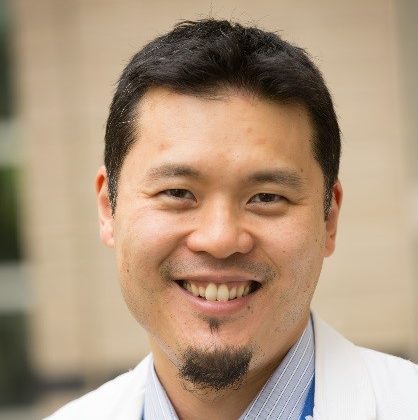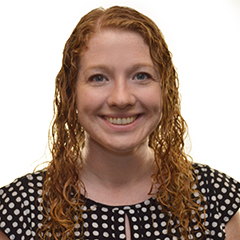In Spring of 2018, FSR awarded $1,000,000 to four Sarcoidosis Fellows to promote early career opportunities in sarcoidosis research and clinical work. Almost a year later, these fellows have had the opportunity to develop specialized skills and gain experience in clinical and/or basic science settings. They have also directly contributed to advancing knowledge within the field. We reached out to our fellows to see how this grant has helped them advance their work and to see what they are working on in the sarcoidosis research space today.
Dr. Ozioma Chioma, Vanderbilt University Medical Center – Mentored by Dr. Wonder Drake

Studies show that in the U.S., sarcoidosis affects more women, specifically African American women, than men. Women have lower qualities of life, and greater functional impairment compared to men.
Through the research that FSR supports, we are beginning to understand the underlying causes of the gender differences observed in sarcoidosis. Our studies identify signaling pathways and sex steroids that play an important role in the gender differences.
We want to identify the most significant causes of gender differences and develop effective therapies for treating progressive pulmonary sarcoidosis.
Thanks to the grant opportunity from FSR, and amazing mentorship by Dr. Wonder Drake, I am highly encouraged and motivated to continue work in this field.
Dr. Lori Garman, Oklahoma Medical Research Foundation- Mentored by Dr. Courtney Montgomery
My PhD research focused primarily on vaccination responses and autoimmune disease. I worked on large data sets of human data, and developed skills in statistics and informatics. After my PhD, I taught at a university for three years, developing a more formal education in immunology and statistics. When I came back into research, I knew almost nothing about sarcoidosis. Yet, it was immediately interesting: a disease with unknown and contested etiology. We know so much about the players but so little about the mechanism.
To date, characterizations of the sarcoidosis immune response have not been based on single-cell RNA sequencing. Rather pooled, heterogenous cells have made up the bulk of research. For our project, we have started to collect blood samples from sarcoidosis patients and healthy individuals. This will help us identify the interactions of multiple immune cell subtypes. It will also help us determine cell and tissue-specific genetic variants that influence gene expression. Moving forward we will combine this data with our in-house genetic data as well as public databases. Then we may be able to classify patients by genotype (genetic characteristics) and clinical phenotype (observational characteristics). This could make personalized medicine a possibility.
So far, this project has determined that some genes are expressed in different subsets of cells. These genes can define cell types within white blood cells. They can also distinguish sarcoidosis and healthy patients within cell type. We are still in preliminary analyses and are collecting more samples to confirm our results. Nonetheless, we have found that many immune-related genes differ between sarcoidosis patients and healthy individuals in multiple cell types.
As an example, ficolin, an important receptor for detecting pathogens, is seen at greater levels in sarcoidosis patients versus healthy patients. Interferons and related proteins, which signal to molecules that function in response to viruses, also differ in expression. We have determined that the rate of concordance of our differentially expressed genes with previous published literature ranges from 30-78%, and is dependent on the type of sample collection.
It’s both challenging and exciting to work on a disease that has so much left to discover.
Dr. Bryan Young, Yale University – Mentored by Dr. Edward Miller

Our imaging center was seeing more and more patients referred for specialized imaging to see if their hearts were being affected by sarcoidosis. In some cases it was to see if treatment was working. These patients often had serious complications –life‐threatening heart rhythms or heart failure. Anticipating and preventing these complications depends on the type of cardiac imaging we use. Facilitating this imaging, and speaking to patients about their experience became a daily experience for me.
This daily experience throughout the last year of my cardiology training inspired me to change directions. I moved from a focus on coronary disease and instead applied my research training to improve how we understand and test for sarcoidosis in the heart. Many of the tools I acquired along the way – cardiac genetics and immune cell biology – are directly applicable to sarcoidosis.
However, I had no previous research track record in sarcoidosis research. Often this is a barrier when you try to enter a new field within the typical research funding channels. This generous grant from FSR has made this transition possible for me. It has provided me the opportunity to apply my skill set within the already strong sarcoidosis clinical infrastructure at Yale. Through FSR, I have the financial support to enter this field as a young investigator. Additionally, I have the community support and mentorship from the small, highly collaborative and growing research network that FSR has created.
Dr. Changwan (Wonnie) Ryu, MD, MPH – Mentored by Erica L. Herzog, MD, PhD

In our previous work we found that cells will release their mitochondrial DNA (mtDNA) in high concentrations during idiopathic pulmonary fibrosis. mtDNA is known to activate the innate immune response by binding to Toll-Like Receptor 9 (TLR9). We found that elevated mtDNA concentrations in plasma lead to myofibroblast activation. These cells are responsible for the development of fibrosis. The elevated mtDNA concentrations are also predictive of poor clinical outcomes in this fatal ILD.
Sarcoidosis is also believed to result from dysfunctional immunity, including activation of TLR9. We obtained access to one of the largest sarcoidosis data sets in the US called the Genomic Research in Alpha-1 Antitrypsin Deficiency and Sarcoidosis (GRADS). This data set included over 200 bronchoalveolar lavage (BAL) and 350 plasma samples from 9 different institutions.
We found that mtDNA is elevated in the lungs and blood of sarcoidosis patients. We found this specifically among African-American patients with extrapulmonary disease. With this finding, we are now exploring the interaction between mtDNA and TLR9. We are trying to see if this mechanism contributes to differences between Caucasian and African-American patients with sarcoidosis.
To date, an explanation for differences in health outcomes between Caucasian and African-American sarcoidosis patients remains unknown. With the funding and support of FSR, our aim is to investigate the biologic causes of clinical differences between these two groups. We also want to identify novel insights into disease pathogenesis. This personalized medicine approach can ultimately improve the quality of care that we provide to our patients with sarcoidosis. Specifically, it can help African-American patients who disproportionately experience poor outcomes from this disease.

